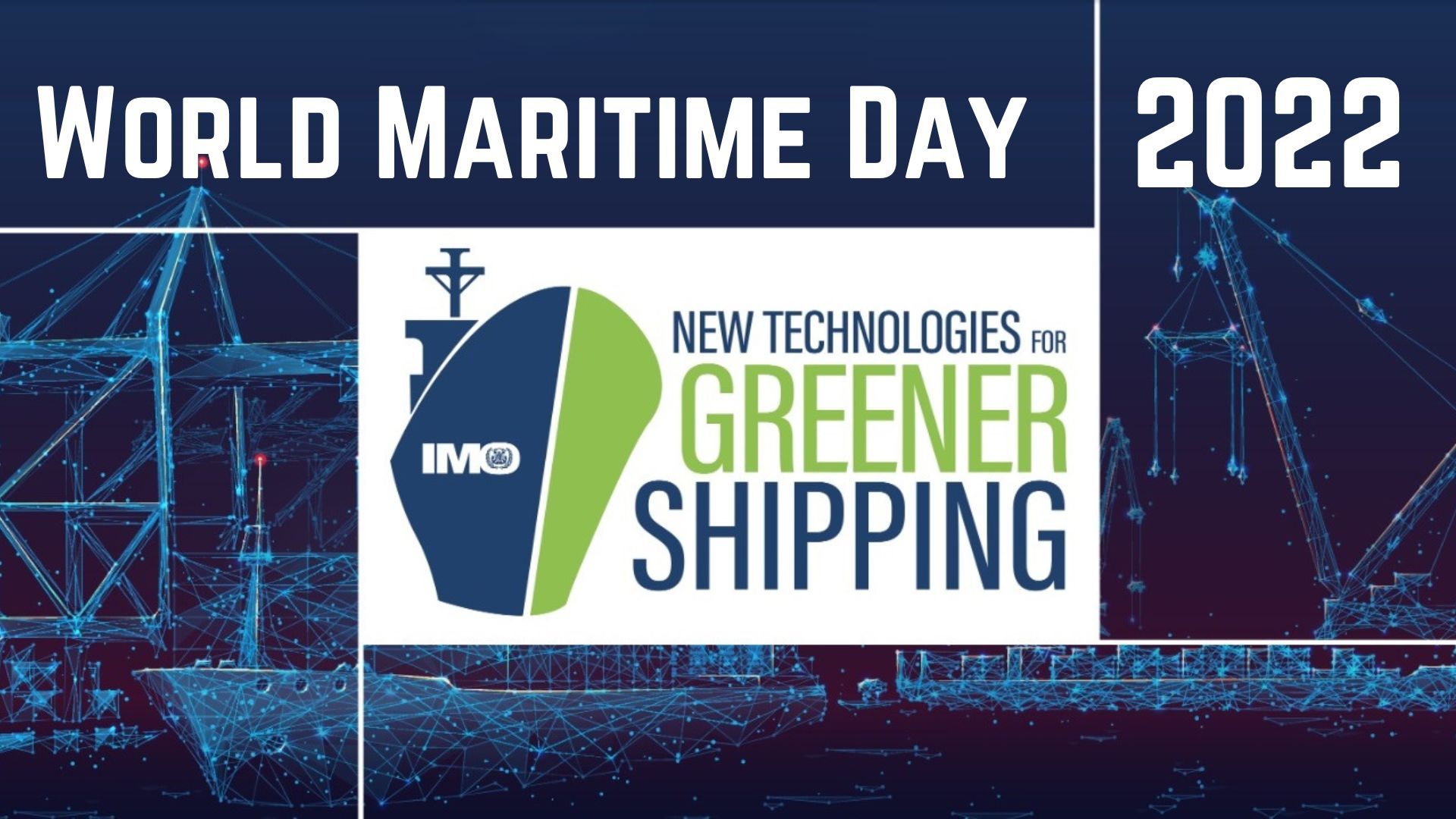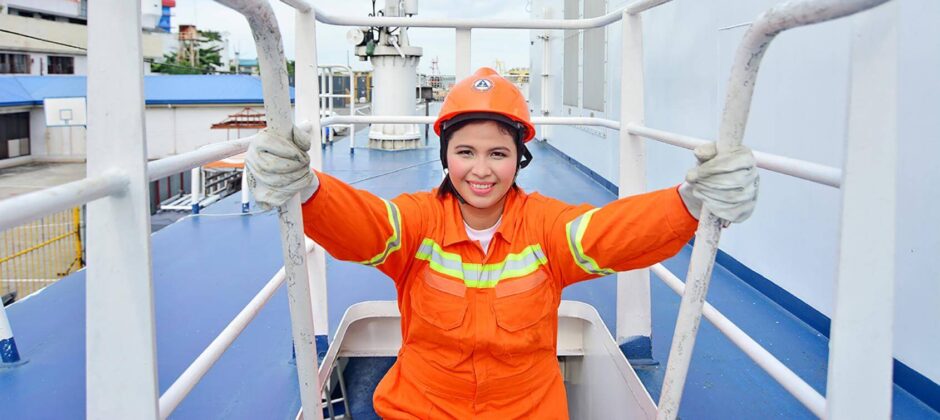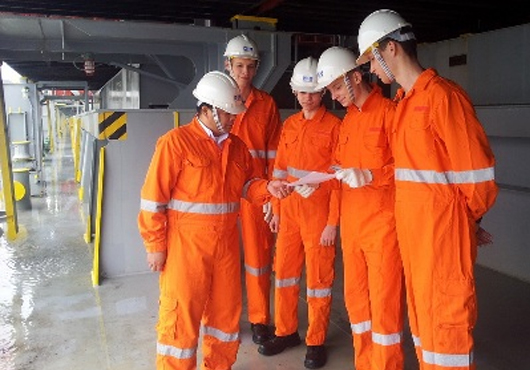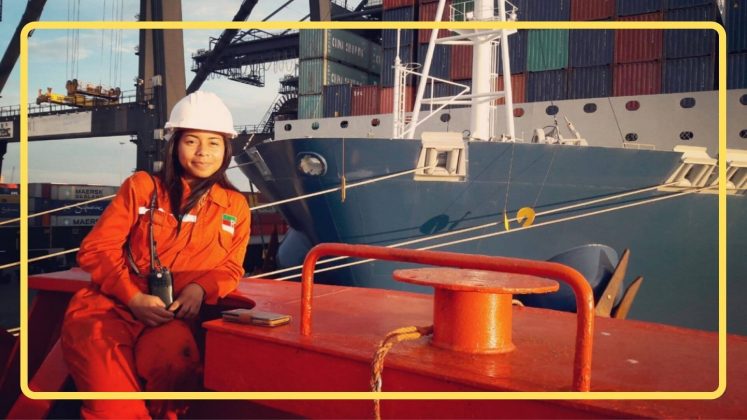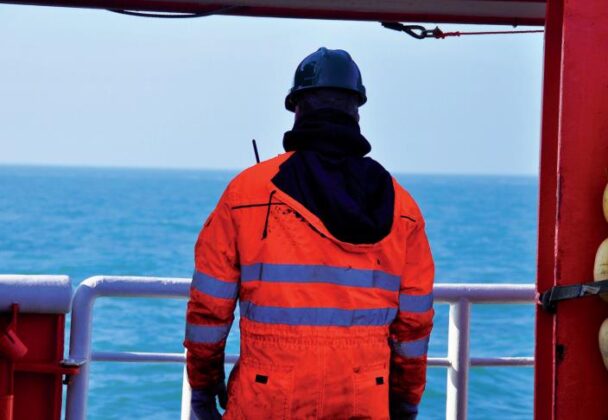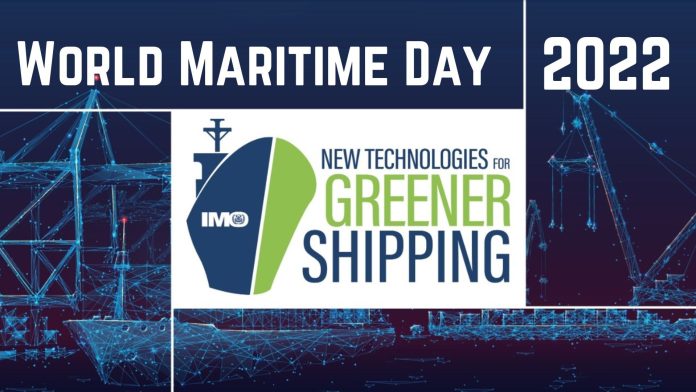
(www.MaritimeCyprus.com) World Maritime Day: International shipping transports more than 80% of global trade to people and communities all over the world. Shipping is the most efficient and cost-effective method of international transportation for most goods; it provides a dependable, low-cost means of transporting goods globally, facilitating commerce and helping to create prosperity among nations and people.
Every year on the final Thursday in September, people around the world commemorate World Maritime Day to recognize the hard work of those who work in the maritime industry. The English team ‘maritime’ originates from the Latin word ‘maritimus,’ which means ‘of the sea.’ The day sheds light on the role seafarers, service agents, and marine officials play in our personal life. Sea life is undoubtedly challenging given the strain of working long hours and being away from home.
The world relies on a safe, secure and efficient international shipping industry, which is an essential component of any programme for future sustainable green economic growth in a sustainable manner.
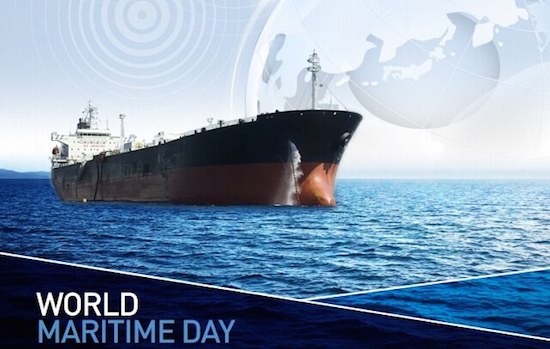
The promotion of sustainable shipping and sustainable maritime development is one of the major priorities of IMO in the coming years. Therefore, energy efficiency, new technology and innovation, maritime education and training, maritime security, maritime traffic management and the development of the maritime infrastructure: the development and implementation of global standards covering these and other issues will underpin IMO's commitment to provide the institutional framework necessary for a green and sustainable global maritime transportation system.

Year 2022 theme
The International Maritime Organization is shining a spotlight on the role of emerging technologies to support a green transition of the maritime sector into a sustainable future. During the World Maritime Day 2022, on 29 September, celebrations will focus on the theme of 'New technologies for greener shipping', providing a platform to showcase inclusive maritime innovation, research and development, and the demonstration and deployment of new technologies.
Global theme for a greener tomorrow
The 2022 theme of "New technologies for greener shipping" aims to promote inclusive innovation and uptake of new technologies to support the needs for a greener transition of the maritime sector, especially in the context of developing countries, and in particular, the small island developing States (SIDS) and least developed countries (LDCs).
The theme is linked to the United Nations Sustainable Development Goals (SDGs), particularly SDGs 13 and 14 on climate action and sustainable use of the oceans, seas and marine resources; SDG 9 on industry, innovation and infrastructure; and SDG 17, which highlights the importance of partnerships and implementation to achieve these goals.
In his message on the World Maritime theme, IMO Secretary-General Kitack Lim said, "Our theme 'New technologies for greener shipping' opens up a larger conversation about shipping's direction and how technology can be harnessed for a more sustainable future. It also provides an incentive to further examine how digitalization and automation can support shipping. But technological solutions for cleaner, safer and more sustainable shipping must also benefit people. In this regard, the impact on seafarers and other marine personnel, including the need for training must be considered."
History
A strategy for future sustainable green economic growth in a sustainable manner must include the development of a safe, secure, and effective international shipping industry. More than 80 percent of world trade is delivered to people and communities via maritime trade.
In 1948, the International Maritime Organization (IMO) was founded to oversee the shipping sector. The IMO upholds a thorough structure that covers technological collaboration, environmental regulation, legal recourse, and safety for every member of its workforce. The first World Maritime Day was observed on 17 March, 1978 to commemorate the day on which the IMO Convention came into effect.
Significance
One of the IMO’s top priorities for the upcoming years is the promotion of sustainable shipping and marine development. Therefore, the development and implementation of international standards covering several issues will support IMO’s commitment to providing the institutional framework required for a green and sustainable global maritime transportation system. These issues include energy efficiency, new technology and innovation, maritime education and training, maritime security, maritime traffic management, and the development of maritime infrastructure.





